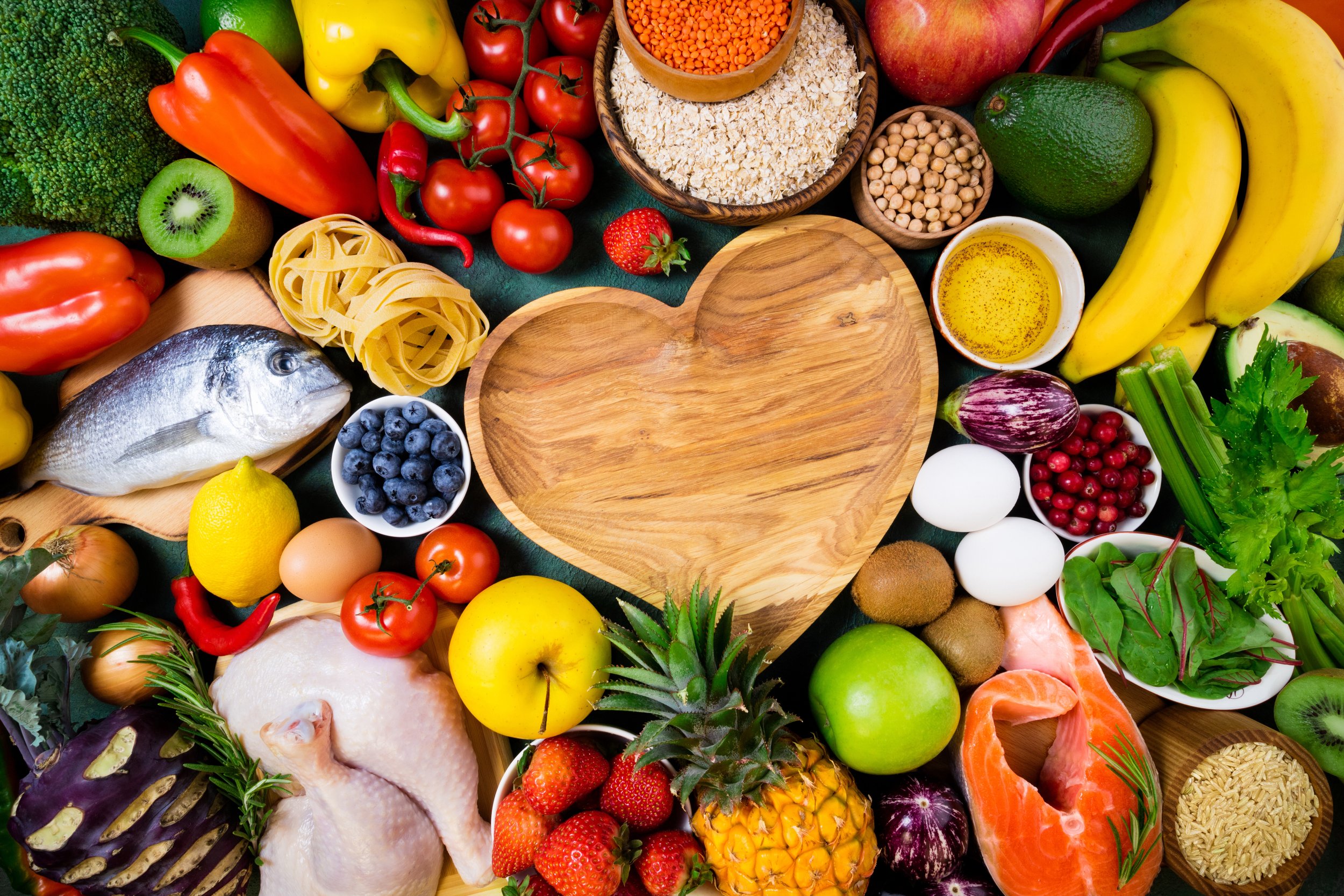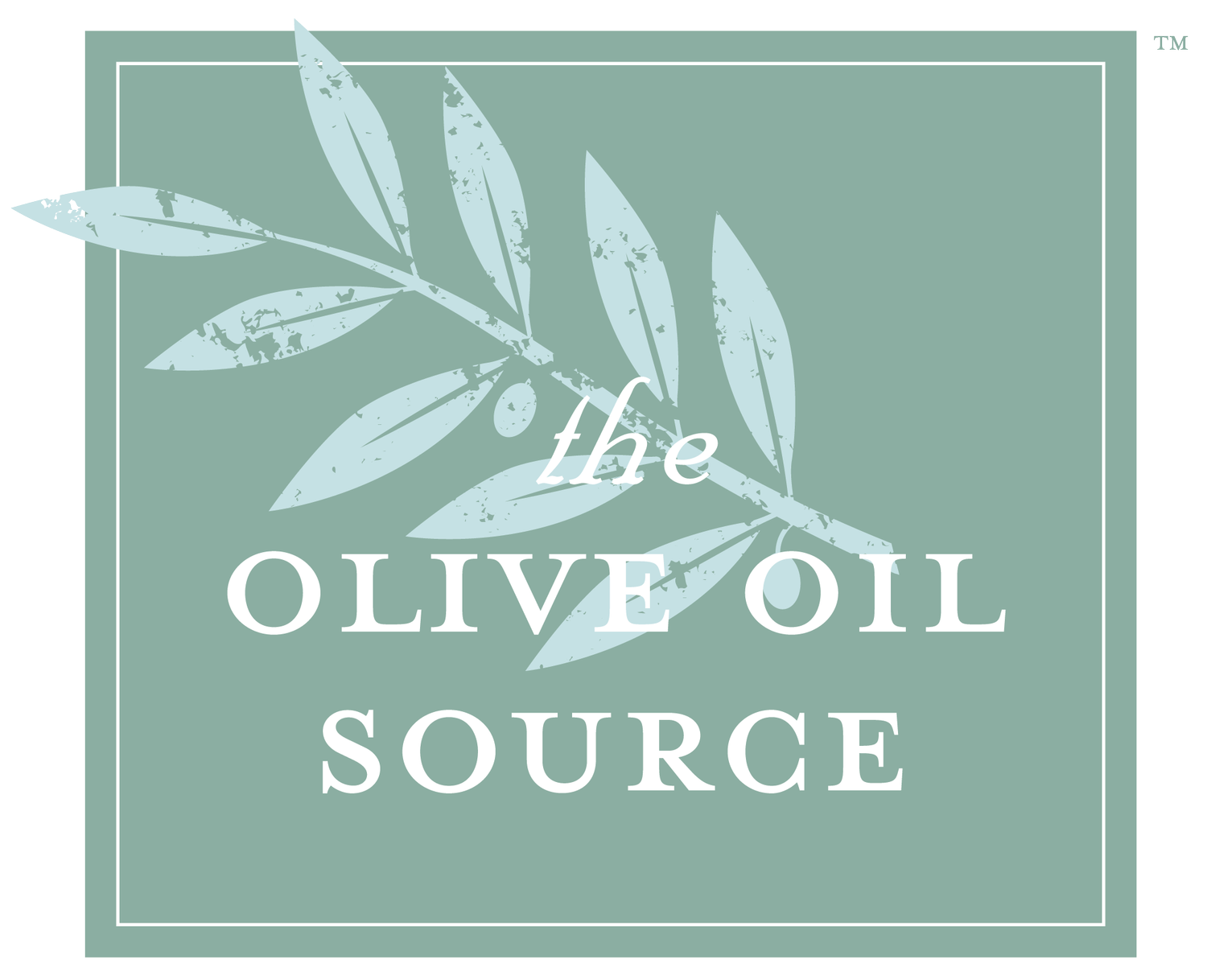
Heart Disease and Olive Oil
There are many scientific studies that suggest that olive oil helps prevent and treat heart disease. Studies have shown that olive oil offers protection against heart disease by controlling LDL ("bad") cholesterol levels while raising HDL ("good" cholesterol) levels. No other naturally produced oil has as high as a percentage of mono-unsaturated fat as olive oil. It appears that people who consumed 23ml - about 2 tablespoons - of virgin olive oil daily showed less oxidation of LDL cholesterol and higher levels of anti-oxidant compounds, particularly phenols, in the blood. But while all types of olive oil are sources of mono-unsaturated fat, extra virgin olive oil (and especially the higher quality ones) contains higher levels of anti-oxidants, particularly vitamin E and phenols, because it is less processed.
The articles below address specific cardiac concerns.
VITAMIN E, HEART DISEASE, AND OLIVE OIL
Atherosclerosis is the process of plaque formation, thickening and blocking of the arteries that can lead to heart attacks and stroke. LDL cholesterol, the "bad" cholesterol is thought to be partially responsible for these changes when it oxidizes in the artery wall. It has been hoped that anti-oxidants in the diet would be found to decrease atherosclerosis. Studies show that people who eat antioxidant rich foods such as vegetable oils, fruits, vegetables, grains, and nuts have a lower chance of getting heart disease and cancer. It was assumed that taking Vitamin E supplements would do the same but oddly enough newer studies show that this is not true.
In the American Journal of Clinical Nutrition, Iannuzzi and colleagues of Cardarelli Hospital in Naples found that women who consumed more vitamin E were less likely to get early signs of cardiovascular disease. They looked at ultrasound evidence of thickening in the carotid arteries, a marker for vascular disease throughout the body. Study participants were women from Southern Italy. They got most of their vitamin E from legumes, vegetables and olive oil.
1.6mg, or 2.3 IU (International Units) of Vitamin E, a natural antioxidant, is present in one tablespoon of olive oil. One tablespoon of olive oil would provide 8% of the recommended daily allotment for vitamin E.
Doctor Uannuzzi found that additional Vitamin E only helped those women whose levels started out low. Women with an adequate intake could not lower their risk of atherosclerosis by adding vitamin E to the diet. Other anti-oxidants such as Vitamin A and C did not seem to affect carotid thickening.
More recently 10,000 patients at high risk for heart attack or stroke were followed for 4.5 years in the the Heart Outcomes Prevention Evaluation (HOPE) Study. People who received 265 mg (400) IU of vitamin E daily did not experience significantly fewer cardiovascular events or hospitalizations for heart failure or chest pain when compared to those who received placebo. Supplements of Vitamin E alone do not appear to be effective in reducing heart disease. However, Vitamin E which is consumed within an anti-oxidant rich diet is correlated with decreased atherosclerosis. It seems that whole foods, rather than derived supplements, are responsible for the health benefits of the Mediterranean diet (Dr. John Deane 12/03/03). Olive oil is one of these Vitamin E-containing, antioxidant whole foods.
CAN OLIVE OIL HELP PREVENT HEART ATTACKS?
A recent study looked at the basic disease process behind heart attacks: the development of blood clots that block the coronary arteries. Several studies in Mediterranean countries have shown that the incidence of heart disease is lower than would be expected by blood cholesterol levels. Many feel that this discrepancy can be explained by the high amount of olive oil in the diet in this region. But what is it in olive oil that lowers heart attack risk? Researchers Larsen LF, Jespersen J, and Marckmann P at the Centre for Advanced Food Studies, The Royal Veterinary and Agricultural University, Frederiksberg, Denmark decided to see if it was due to olive oil affecting the blood's basic ability to form clots. Less effective clotting would mean fewer heart attacks. The researchers compared the effects of virgin olive oil with those of rapeseed and sunflower oils on blood coagulation factor VII, which is a key factor in blood clot formation. In this study eighteen healthy young men consumed diets enriched with olive oil, sunflower oil, or rapeseed oil for a period of 3 weeks. Levels of Factor VII were significantly lower in those who ate olive oil compared to sunflower or rapeseed (canola) oil. The study's conclusion was that olive oil may lower the procoagulant tendency of fatty meals which could explain the low incidence of heart attacks in Mediterranean countries.
OLIVE OIL AND HEART DISEASE? IS ANY FAT GOOD FAT?
There is still a great difference of opinion about oils and health. What people agree on is that less fat is better and unsaturated fats are better than saturated ones. The question is, how low do you go and which oils are better than others.
The truth may be that everyone is different and fats may or may not be a risk factor depending on one's genes. The Mediterranean diet has been shown to lower heart disease but people living in Mediterranean countries eat as much as 40% of their calories as fats (mostly olive oil). How much of the benefit is from the oil and how much is from the large quantity of nuts, fruits, and vegetables that are consumed? Studies are in progress to try to find out. For patients with low HDL levels and high triglycerides, the Mediterranean diet may lower heart disease best.
Dr. Dean Ornish rose to national prominence with a diet and lifestyle program that advocates as little as 10% calories from fat. This has been shown to actually reverse atherosclerosis in some studies. Dr. Ornish says high triglycerides and low HDL are risky only for people on high-fat diets. With a lower fat diet your HDL level is less important. But there are a few critics who argue that a diet too low in fat may actually lower the good HDL cholesterol and cause worse damage to arteries. Yet there are plenty of places in the world where heart disease is unheard of, as in rural China where the diet is heavy with complex carbohydrates such as rice and greens, very light in meat, and contains no dairy. That would tend to support Dr. Ornish.
Now what about the different oils? Animal fats have cholesterol so there is a consensus we should avoid them. Plant oils never contain cholesterol but those that are deliberately saturated to stay solid at room temperature cause oxidative damage with resulting accelerated heart disease. Mono-unsaturated fats such as the ones found in olive oil are best at lowering cholesterol. There is new research that shows that nut oils such as almond oil can lower cholesterol and raise HDL more effectively than olive oil.
As you can see, the jury is still out, and there is still controversy about diet and heart disease. But most cardiology experts agree that lower fat is better. Remember, sopping your bread with olive oil may make you feel like you are doing the healthy thing, but 2 tablespoons of oil is equivalent to 2 scoops of Ben and Jerry's when it comes to total fat.
SOURCES
American Journal of Clinical Nutrition 2002;76:582-587. 8/2002
Ruth D. Smith, Colette N. M. Kelly, Barbara A. Fielding, David Hauton, K. D. Renuka R. Silva, Margaretha C. Nydahl, George J. Miller and Christine M. Williams (2003). Long-term monounsaturated fatty acid diets reduce platelet aggregation in healthy young subjects. British Journal of Nutrition, 90 , pp 597-606
The content of this web site is not intended to offer personal medical advice. You should seek the advice of your physician or other qualified health provider with any questions you may have regarding a medical condition. Never disregard professional medical advice or delay in seeking it because of something you have read on this web site.
